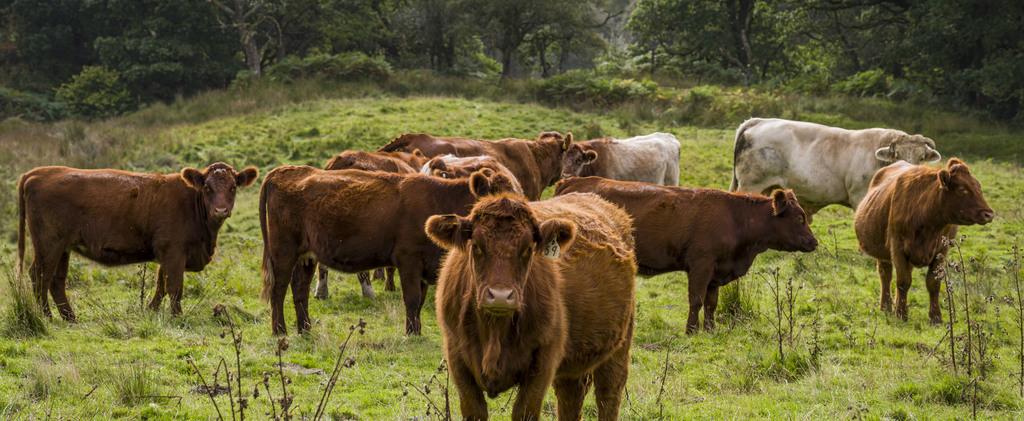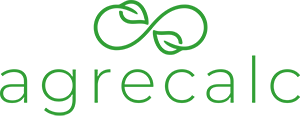The Scottish Government is responsible for policy and regulation of agriculture and rural affairs in Scotland. The Beef Efficiency Scheme (BES) is a £45 million scheme that was introduced by the Scottish Government in 2014, as part of a European Union programme, aiming to improve the overall efficiency of the Scottish beef herd.
The main objective was to support the national herd to be as efficient as possible, while reducing the emissions from beef production and improving herd profitability, to establish economically and environmentally sustainable operations.
Agrecalc chosen for BES with the ease of use in mind
The BES is operating on a five-year programme and is already contributing to a range of improvements, focusing mainly on cattle genetics and farm management practices. As an essential scheme prerequisite, all participants must complete an initial carbon audit for their businesses, and then update their audits twice in the next years of the scheme.
The Scottish Government decided to work with Agrecalc, our specialised online farm resource calculator, to identify the quantity and source of greenhouse gas emissions (carbon dioxide, methane and nitrous oxide) associated with farming activity.
Agrecalc was chosen with ease of use in mind and offered individual farmers a chance to look at mitigation options available for their farm that could reduce emissions and improve profitability.
We’ve chosen three use cases detailed below, to highlight the advantages and benefits of doing a carbon audit with Agrecalc.

“This is the direction that policy is moving in, and seeing the improvements made over the years has been really encouraging. We’re on a good track now and farmer perception of climate change and farming’s role in it is changing. Even if climate change isn’t a motivating factor for some, from a pragmatic view, carbon is cash and our business is better having done the carbon audits with Agrecalc.”
Scottish Government’s Beef Efficiency Scheme (BES) participant
Reducing emissions in a commercial suckler herd
The sum of small gains allowed for 48.52% increase in output between the first audit in 2017 and the third audit in 2020, and the total emissions per kilo of output were reduced by 34%.
Fostering awareness of resource input on a traditional beef and sheep farm
The farm has seen reductions in emissions while maintaining high output over the three years of the auditing process. At the same time, they have been made aware of their inputs, and the carbon audits highlighted the areas to improve the business that otherwise would not have been obvious.
Learn more
Cost savings in the food production in Orkney
After having compared against enterprises of similar size with Agrecalc ‘s benchmarking capability, the savings on silage and hard feed were quite substantial.
Resilient and accurate tool ensures compliance with Beef Efficiency Scheme
The data required for completing a carbon audit with Agrecalc, are available to participants as part of a normal operation of their farm business and are employed to measure progress against the benchmark data captured during the initial audit.
Since 2016, Agrecalc has provided carbon calculations for around 1,350 beef farmers to ensure compliance with Beef Efficiency Scheme. Our farm carbon tool has also been accessed by accredited and trained external consultants through a custom-made portal and farmers themselves.
Agrecalc has proven to be very resilient and accurate, offering its essential services to farmers and the Scottish Government, while successfully processing and handling large accounts containing many clients with different requirements.
Given the essential resource flows between beef and other farm enterprises, Agrecalc collected and delivered results for all different enterprises on participating farms in the Beef Efficiency Scheme.
“The two carbon audits allowed us to monitor our performance and see if what we were doing was working. The improvements in the carbon audits were mirrored by our financial performance, so we have found that carbon efficiency is quite closely linked to financial performance.”
BW & J Orr, Commercial beef and sheep farm, South Lanarkshire
Get in touch
Learn how Agrecalc can help you identify and measure emissions, benchmark key performance indicators, identify mitigation strategies and monitor improvements.
Contact Us
